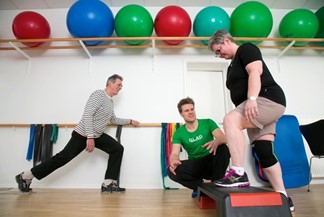GLA:D Education and Exercise for Osteoarthritis Program at Star Physio
$50 off initial osteoarthritis assessment and treatment session! Book here!
GLA:D®, or “Good Life with Arthritis: Denmark”, is an education and exercise program developed by researchers in Denmark for people with hip or knee osteoarthritis (OA) symptoms.
The experts at Star Physio are at the forefront of research and education and are proud to offer this program. We run individual treatment and rehabilitation sessions with structured home-based exercise programs as well as a fully supervised class based program. We want to help you get back to doing the things you love, with less pain!
Aaron Tay, Simen Sletten and Jemma Watson are GLA:D accredited physiotherapists who provide osteoarthritis education, treatment and classes. These are available at our West Perth and Mosman Park offices.
In addition, Jemma Watson has a second degree in Clinical Nutrition. She has spent the last 20 years combining this with her physiotherapy skills. Often optimising nutrition can also have dramatic effects on arthritis, joint pain and function. You can read more about Clinical Nutrition here.
We work closely with expert doctors and surgeons including the team at Perth Orthopaedic and Sports Medicine Centre to ensure that you have all of the evidence and options for your care.
In Australia, treatment for hip and knee osteoarthritis usually focuses on joint replacement surgeries. However, GLA:D offers a safe alternative that may avoid or delay the need for these surgeries. If surgery is determined to be the right option, you will go in fitter and stronger to ensure the best possible outcome!
What does GLA:D involve?
This education and exercise program reflects the latest evidence in osteoarthritis (OA) research. Our understanding of joint wear and tear has changed significantly in the last decade. we used to believe that rest and avoidance of exercise was the best option for arthritic joints. We now know that the right exercises and advice can dramatically improve pain and function, even in severe arthritis! The GLAD program is continually improving with feedback from clients and physiotherapists on what works in the real world to help patients manage OA symptoms.
GLA:D Australia training consists of:
- A first appointment explaining the program and assessing your current functional ability.
- Education to teach you about OA,
- How the GLA:D™ Australia exercises improve joint stability
- How to retain this improved joint stability outside of the program.
- Group or individual neuromuscular training sessions twice a week for six weeks to improve muscle control of the joint
- Reduction in symptoms and improved quality of life!
Can I Participate in GLA:D Australia?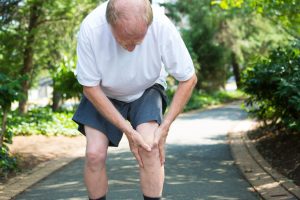
GLA:D™ Australia is a program for all individuals who experience hip and/or knee osteoarthritis symptoms, regardless of severity.
Contact Star Physio today if you are unsure whether this program is suitable for you.
You may not be able to participate in the GLA:D™ Australia program if you:
- Have other reasons for your hip and/or knee pain, including tumour, inflammatory joint disease, hip fracture, or connective tissue problems,
- Suffer from other symptoms that are more pronounced than the osteoarthritis problems (for example chronic generalized pain or fibromyalgia),
- Are unable to understand and communicate in English.
Summary of Osteoarthritis Treatment in Australia
OA is the most common lifestyle disease in individuals 65 year of age and older but can also affect individuals as young as 30 years of age.
Current national and international clinical guidelines recommend patient education, exercise and weight loss as first line treatment for osteoarthritis.
In Australia, treatment usually focuses on surgery. The GLA:D Australia program offers a safe alternative that may avoid the need for surgery, or improve outcomes if surgery is required.
Results of the GLA:D Program
Research from the GLA:D® program in Denmark found symptom progression reduces by 32%.
Other outcomes include
- less pain,
- reduced use of joint related pain killers, and
- less people on sick leave.
- GLA:D participants also reported high levels of satisfaction with the program and increased levels of physical activity 12 months after starting the program.
This program is unique in that the education and exercises provided can be applied to everyday activities. By strengthening and correcting daily movement patterns, participants will train their bodies to move properly, prevent symptom progression and reduce pain.
How do I get Started?
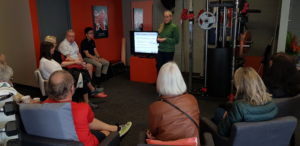 Star Physio offers free education sessions at our West Perth and Mosman Park clinics to teach you about your arthritis and how education and exercise through the GLA:D program can help you. Contact us for information about our next session. Otherwise why not take advantage of our special $50 off initial consultation to get started on your program today!
Star Physio offers free education sessions at our West Perth and Mosman Park clinics to teach you about your arthritis and how education and exercise through the GLA:D program can help you. Contact us for information about our next session. Otherwise why not take advantage of our special $50 off initial consultation to get started on your program today!
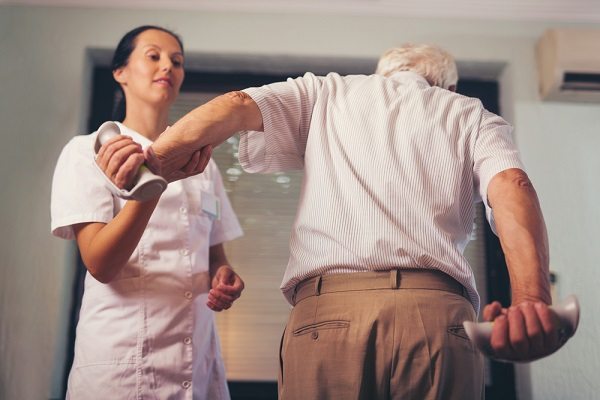
Post-Op Rehab for Seniors
Surgical procedures for the elderly are becoming more common, especially knee replacement and hip replacement operations. While people are staying fitter and active for longer than they used to, the aches and pains of growing older are still a...
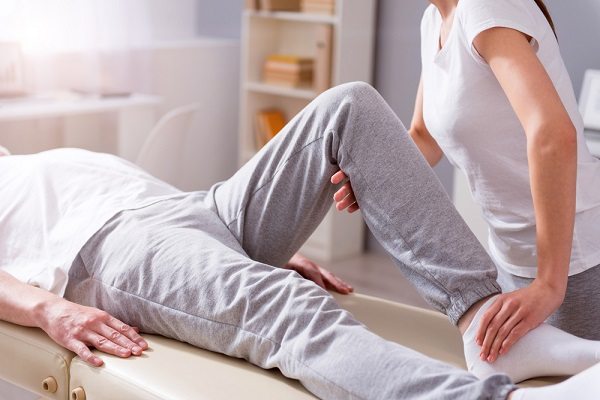
Common Surgeries that Require Physiotherapy
Unfortunately, the success of your orthopaedic surgery will not immediately appear after leaving the operating theatre. A skilfully conducted surgical procedure is but the first step towards a full recovery. Physiotherapy is a crucial part of...
Questions from the Clinic- What footwear should I wear and should I forefoot run?
"Questions from the Clinic- What footwear should I wear and should I forefoot run?" By Dr James Debenham PhD), Director and Senior Physiotherapist, Researcher, Elite Triathlete and Coach. Star Physio West Perth. https://starphysiowa.com.au In my role at Star Physio,...
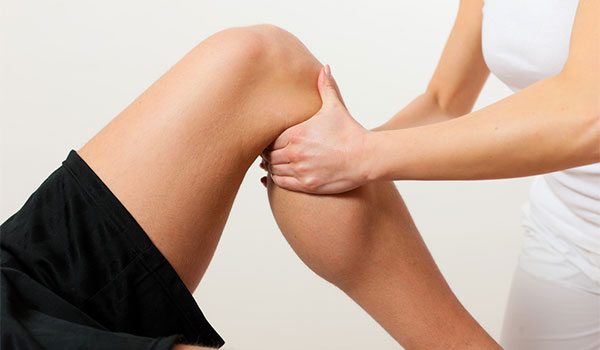
Recovering from Common Cycling Injuries
Unfortunately, as with all sports, injuries are a reality for many cyclists. While cycling is an excellent low impact cardio workout, riding can lead to wear and tear on the body. Today, we’ll look at 3 of the most common cycling injuries: Knee pain Lower back...

